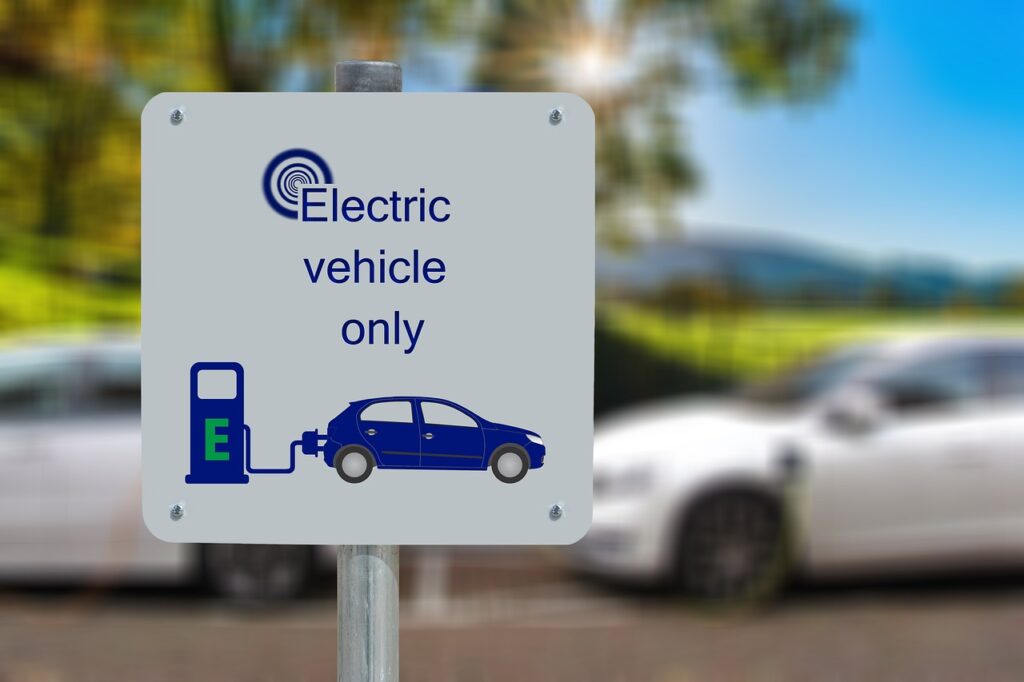In the era of rapid technological advancements, electric vehicles (EVs) have emerged as a promising solution to mitigate environmental impacts and reduce our reliance on fossil fuels. However, as the popularity of EVs continues to soar, concerns surrounding the environmental impact of their lithium-ion batteries have gained prominence. EV battery recycling poses significant challenges, prompting a pressing need for sustainable solutions within the EV industry.
The Challenge of EV Battery Recycling
Lithium-ion batteries, while crucial for powering EVs, contain various materials like lithium, cobalt, nickel, and manganese that can harm the environment if not properly managed. The extraction of these materials involves complex processes and can contribute to environmental degradation and human rights violations in mining communities. Moreover, improper disposal of EV batteries can lead to soil and water contamination, posing risks to ecosystems and human health.
Importance of EV Battery Recycling
Recognizing the importance of recycling EV batteries is the first step towards sustainable practices. Recycling reduces the environmental impact of raw material extraction and conserves valuable resources. It minimizes the need for new mining activities, which are often linked to environmental degradation, and ensures that the materials within batteries are reused effectively, reducing the overall carbon footprint of EVs.
Strategies for Encouraging Recycling by EV Battery Manufacturers
EV battery manufacturers may begin encouraging recycling efforts within the industry in various ways. Prioritizing these strategies can significantly impact the overall sustainability of electric vehicles.
Design for Recyclability
One approach to enhance recycling efforts involves prioritizing the design of batteries with features that facilitate easy disassembly and material recovery. Implementing standardized modular designs and labeling materials used in batteries allows for easy separation of different components and can significantly streamline recycling.
Establishing Take-Back Programs
Collaboration between manufacturers, EV producers, and recycling facilities is a great way to optimize recycling initiatives. Creating take-back programs where manufacturers are responsible for collecting and recycling batteries at the end of their lifespan encourages proper disposal and ensures the materials are recycled efficiently.
Financial Incentives
Offering financial incentives or subsidies for returning used batteries can motivate consumers to participate in recycling programs. Manufacturers can implement buy-back programs or provide discounts on new batteries in exchange for returning old ones, stimulating a circular economy for EV batteries.
Investing in Recycling Technologies
Continued research and investment in innovative recycling technologies is essential. Advanced recycling methods such as hydrometallurgical processes or direct recycling of battery materials can improve efficiency and reduce costs, making recycling more economically viable.
Education and Awareness
Raising awareness among consumers, policymakers, and stakeholders about the importance of recycling EV batteries is vital in allowing consumers to make informed decisions. Educating the public about the environmental benefits and the ease of recycling EV batteries can drive behavioral change and increase participation in recycling programs.
Get Sustainable Manufacturing Support
For the automotive industry, the increased demand for electric vehicles is one of the biggest shifts of the last several decades. While EVs are seen as more sustainable overall, the batteries they use are far from ideal when it comes to sustainability. One challenge in the automotive, and in other industries, is what type of standard approaches and metrics does one use to evaluate battery sustainability, to ensure that comparisons between approaches are meaningful?
If you need help meeting new automotive compliance requirements and finding battery sustainability solutions, contact Tetra Tech’s experts at [email protected]. We have decades of experience in automotive compliance and are ready to help you adapt to the shifting landscape of EVs. Contact us today for help with reporting management, compliance training, and more.






